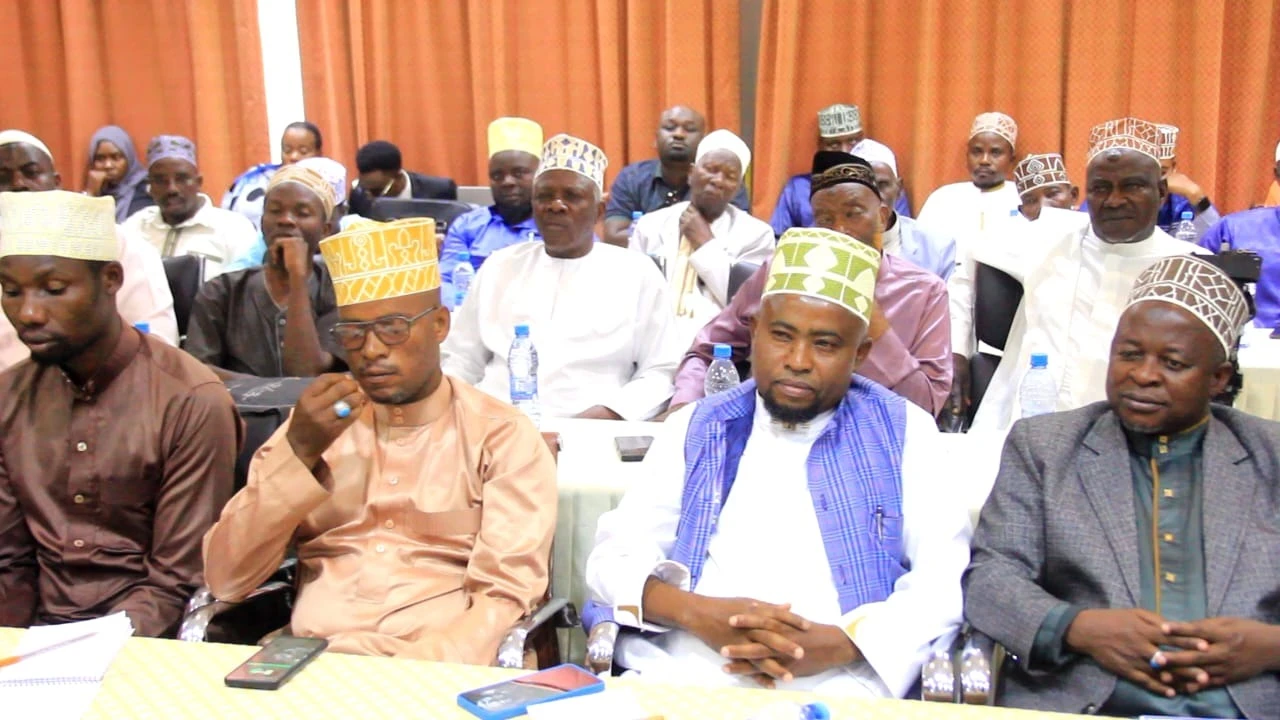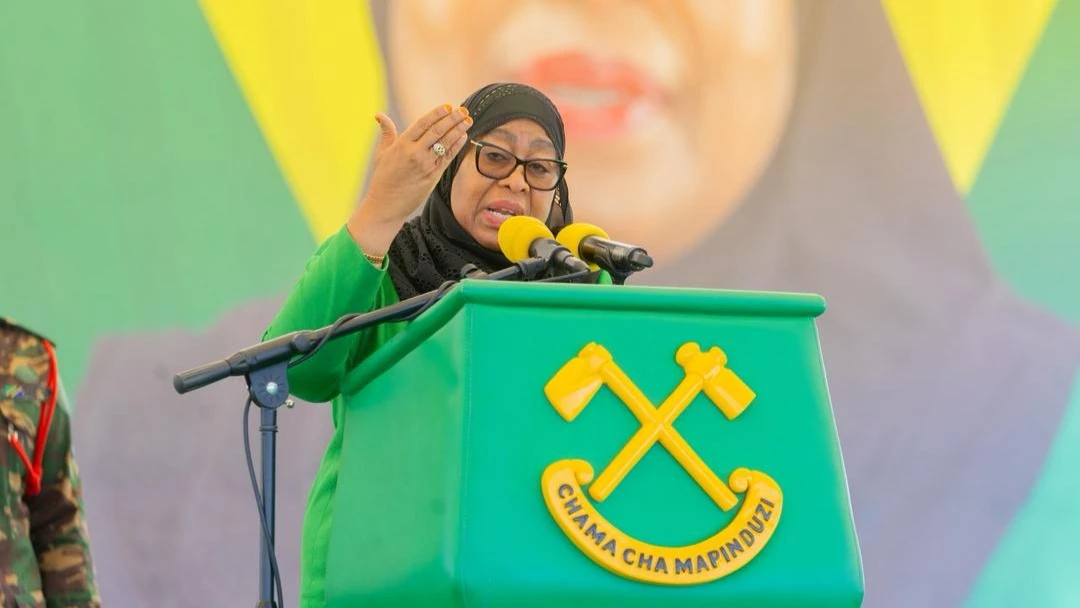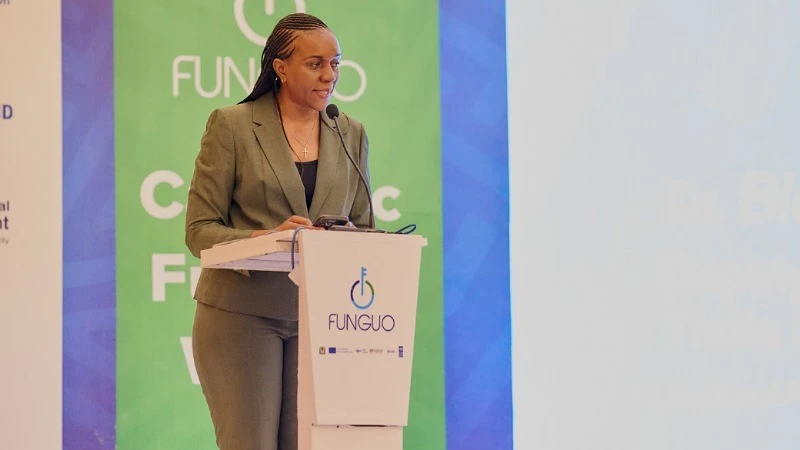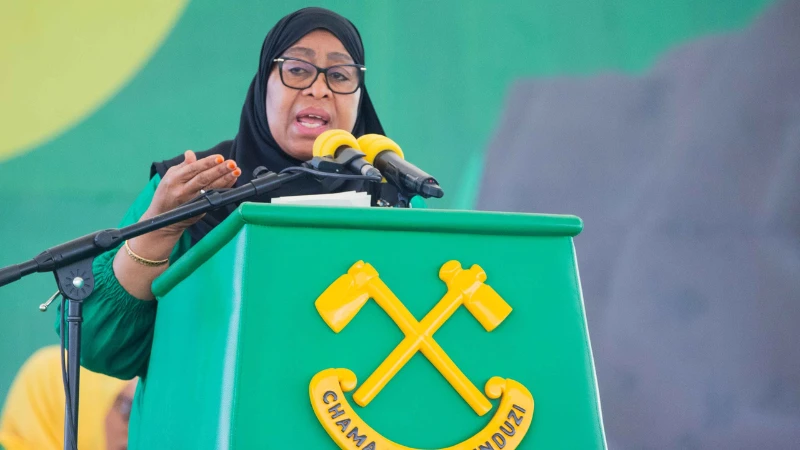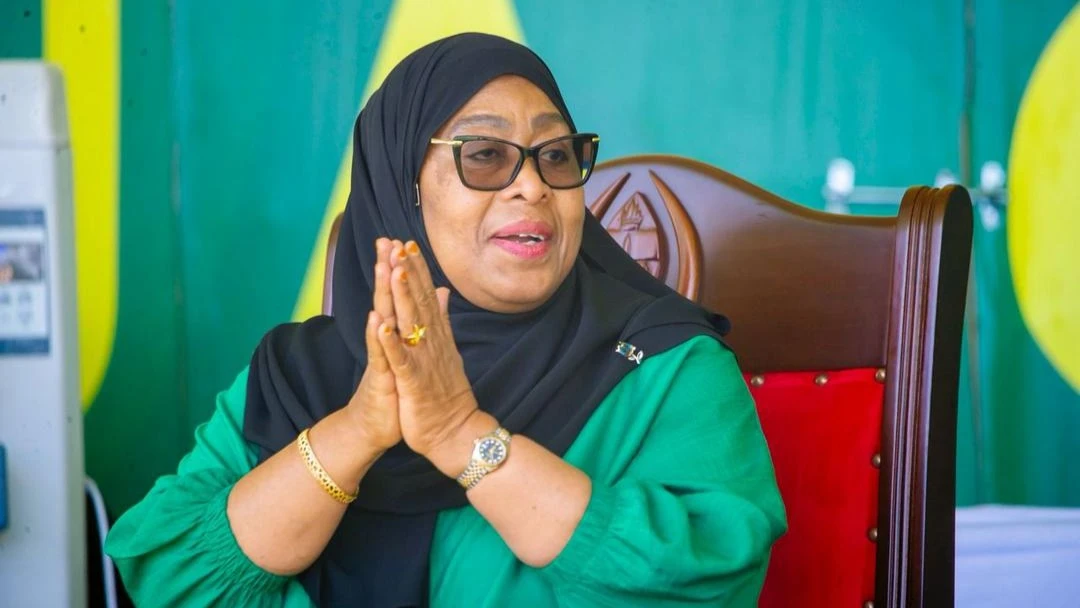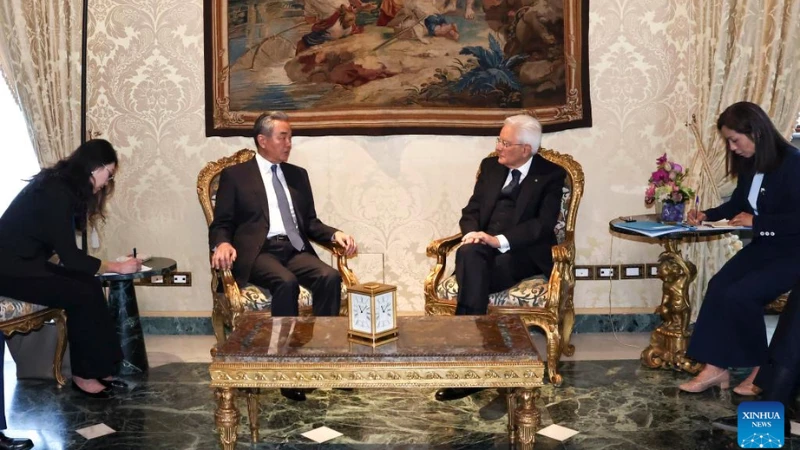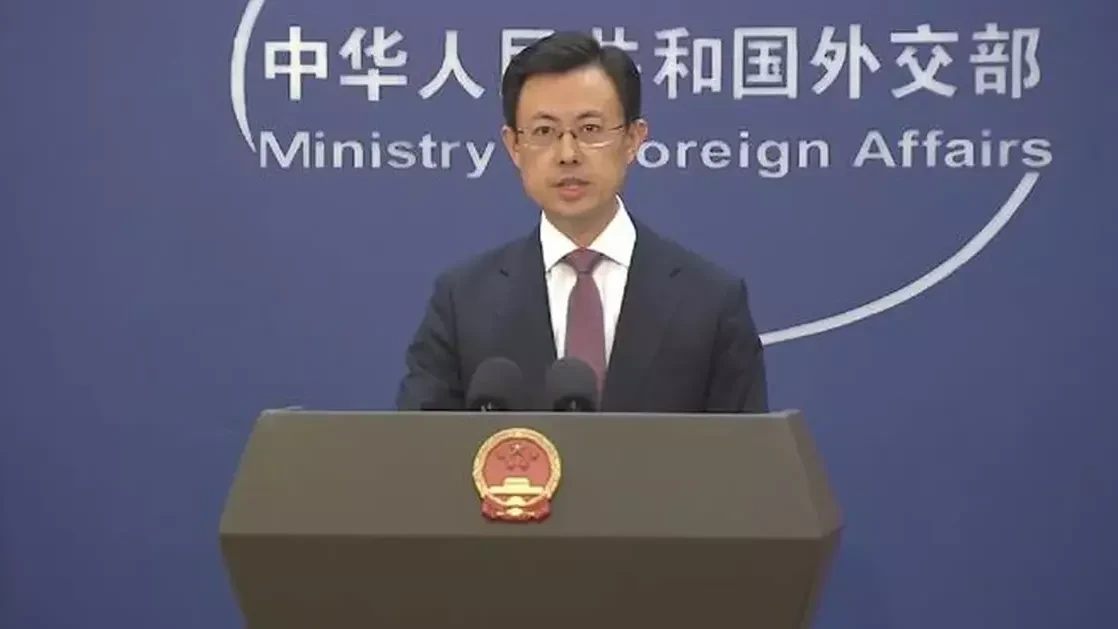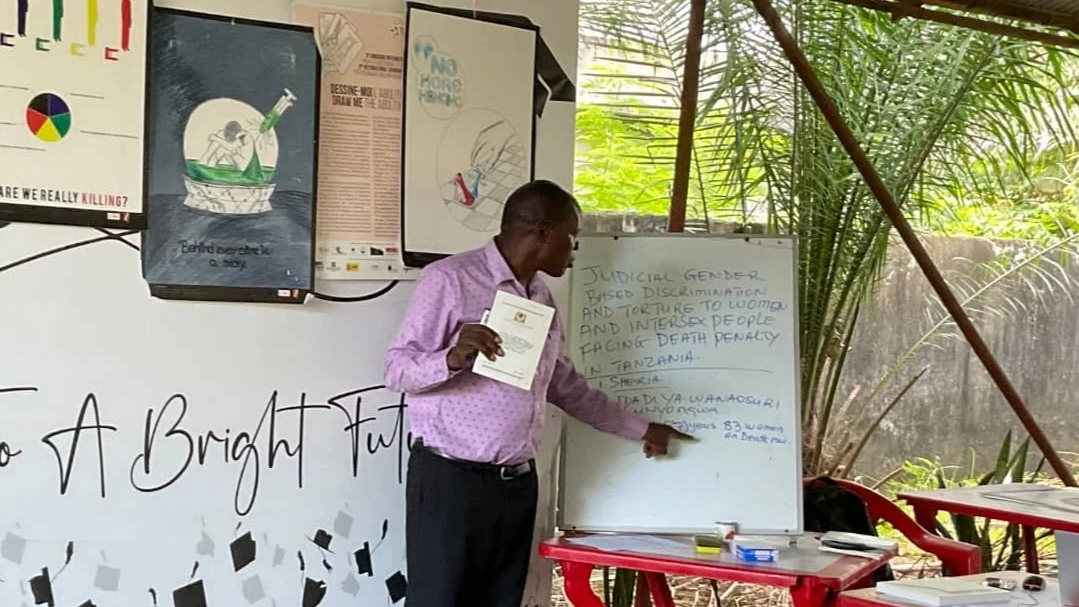Gold for growth: BoT now leads in domestic purchases, boosts national financial security

GOLD is a lustrous and highly valued mineral. It is a soft, yellow chemical element renowned for its beauty, rarity, and desirable properties such as excellent conductivity, malleability, and resistance to corrosion. For centuries, it has remained a sought-after metal across the world, serving as both a symbol of wealth and a reliable financial asset.
Historically, gold has been recognized as a safe-haven investment, offering stability and protection against inflation. It continues to be used to produce bullion bars and coins, which serve both investment and monetary purposes. In many countries, these coins are recognized as legal tender, carrying a face value while also holding appeal for collectors and investors.
Beyond its role in currency and investment, gold is one of the most cherished metals in the jewelry industry. Its natural beauty and resistance to tarnish have made it an enduring choice for crafting ornaments such as wedding rings, medals, crucifixes, and other culturally significant objects. Ancient civilizations, including the Egyptians, used gold extensively; the burial masks of the Pharaohs remain a testament to its historical significance. Today, statistics show that about 78 percent of gold mined annually is transformed into jewelry.
Gold’s utility, however, goes far beyond adornment. In modern times, it plays a critical role in technology and industry. Its corrosion resistance and excellent conductivity make it indispensable in microelectronics, including smartphones, computers, and communication equipment. It is also used in aerospace, shielding spacecraft from radiation, and in medical technologies. This combination of cultural, financial, and industrial importance explains why gold remains a strategic asset worldwide.
Gold as a strategic asset for central banks
Central banks across the globe continue to value gold for its unique role as a store of value and a financial diversifier. During periods of economic or geopolitical uncertainty, gold has consistently outperformed other assets, making it a vital component of national reserves. Unlike paper currencies, which are vulnerable to inflation and devaluation, gold maintains its intrinsic worth.
For the Bank of Tanzania (BoT), these attributes make gold a crucial investment. The central bank has embarked on large-scale gold purchases to strengthen its foreign exchange reserves, diversify assets, and reduce reliance on foreign currencies.
By sourcing gold directly from local mines and refineries, BoT not only secures the metal at competitive prices but also supports the domestic mining industry. This strategy forms part of a broader national agenda to enhance economic resilience and financial independence.
BoT requires substantial reserves to ensure liquidity in the banking system, safeguarding the economy against shocks. Any excess reserves beyond the required levels serve as a buffer to meet future challenges. In this context, gold provides a hedge against both inflation and external risks.
BoT’s entry into gold purchases
In October 2024, BoT began purchasing gold under its Domestic Gold Purchase Programme. Since then, the bank has acquired 6.6 tons of monetary gold worth approximately US$718 million. This marked a significant policy shift, as the central bank had previously suspended gold purchases for several years.
Governor Emmanuel Tutuba has emphasized that this initiative is part of a deliberate effort to reduce reliance on external borrowing and instead build reserves through domestic resources. The purchases are conducted through local refineries under principles of transparency, competitive pricing, and efficiency, with strict adherence to international standards.
“Our goal as a nation is to maintain sufficient gold reserves as part of our foreign exchange holdings, especially since gold prices have consistently risen over the years,” Governor Tutuba explained. He also urged local refineries to enhance their refining capacity to meet standards set by the London Bullion Market Association (LBMA), enabling certification on the international market.
Legal and policy reforms
The government’s decision to reintroduce gold purchases by BoT was made possible through reforms to the Minerals Act. During the 2024/25 financial year, Section 59, Chapter 123 of the Act was amended to allow the central bank to buy refined gold. The law now requires that a portion of domestically refined minerals—up to 20 percent—be allocated to BoT for building monetary reserves.
These reforms reflect Tanzania’s growing recognition of gold’s potential to strengthen the economy. By channeling domestically mined and refined gold into national reserves, the country reduces dependence on external markets while ensuring value addition within its borders.
Achievements in the mining sector
Minister of Minerals, Hon. Anthony Mavunde, has highlighted the progress made under President Samia Suluhu Hassan’s administration. Among 16 notable achievements in the mining sector, the BoT’s gold purchases stand out as a significant milestone.
Speaking to journalists in May 2025, Minister Mavunde revealed that out of the 6.6 tonnes purchased, about 2,954 kilogrammes had already been refined in local factories. He also noted that the government is exploring the introduction of gold coins as an innovative savings and investment option for Tanzanians.
This would allow citizens to directly invest in gold, thereby strengthening the domestic gold market and broadening money circulation within the country.
The Minister underscored that BoT’s gold purchase programme is a cornerstone of efforts to increase gold ownership among citizens while also reinforcing the mining sector’s contribution to the national economy.
Strengthening local refineries and partnerships
The government has also signed agreements between BoT and mining companies to secure reliable supplies of refined gold. Finance Minister Mwigulu Nchemba emphasized that the programme will not only boost foreign exchange reserves but also support local refineries in obtaining international recognition, particularly LBMA accreditation.
“This gold purchase programme reflects the government’s commitment under the leadership of President Samia Suluhu Hassan, to build sufficient foreign exchange reserves, increase the contribution of minerals to the national economy, and enhance value addition in the mining sector,” Nchemba said.
Launched in the 2022/23 fiscal year, the Domestic Gold Purchase Programme provides an opportunity for dealers to sell gold directly to BoT at internationally competitive prices. This initiative aligns with the government’s long-term vision of increasing the share of gold in foreign reserves, ensuring sustainability, and securing Tanzania’s financial future.
Gold remains a timeless and strategic asset, prized for its rarity, stability, and broad utility across industries. For Tanzania, leveraging its abundant gold resources through BoT’s purchasing programme represents a transformative step toward economic resilience and independence. By reforming legislation, supporting local refineries, and empowering citizens to participate in gold ownership, the government is positioning the country to reap long-term benefits from this precious resource.
The Bank of Tanzania’s leadership in gold purchases not only strengthens foreign exchange reserves but also highlights a forward-looking strategy that integrates natural wealth into national financial security. As global demand for gold continues to rise, Tanzania’s proactive measures ensure that the nation’s reserves remain strong, sustainable, and firmly rooted in its own mineral wealth.
Top Headlines
© 2025 IPPMEDIA.COM. ALL RIGHTS RESERVED











